MIAMI — When the “What if?” game is the game of choice it generally means you no longer are good enough to still be playing actual games.
So two weeks removed from their last game, the Miami Heat found themselves involved in the heights of “What If?” on Monday night.
As in “What if?” the Heat opted for the potential riches of the NBA draft lottery instead of their hellbent push for the final playoff seed in the Eastern Conference, the one that led to a first-round leveling by the Cleveland Cavaliers?
As in “What if?” the Heat stood as the No. 11 seed at Monday’s lottery, which would have been the case by missing the playoffs, and secured the No. 1 pick as the Dallas Mavericks did from that No. 11 lottery seed?
But in this case, hindsight is not 20-20, because who knows how the butterfly effect would have impacted the lottery if the Heat were instead at No. 11 at Monday night’s drawing?
Instead, it is important not to allow Monday night’s drawing and remarkable Mavericks fortune to obfuscate the Heat’s current predicament, of lacking the assets (no matter Pat Riley’s claim) to be a player on what could be a robust trade market, of potentially winding up with little of tangible value from the Jimmy Butler trade.
Yes, it’s not as if the fates have necessarily been kind to the Heat over the franchise’s 37 seasons, having never moved up in a lottery drawing (goodbye, Derrick Rose; hello, Michael Beasley), having endured the franchise-altering health issues of Alonzo Mourning and Chris Bosh, of injuries at all the wrong times (Dwyane Wade in the 2005 playoffs, Goran Dragic and Bam Adebayo in the 2020 NBA Finals, Tyler Herro during the run to the 2023 Finals).
Or, on the other hand, perhaps the allotment of good fortune has already been realized, what with the unexpected ability to trade for the likes of Mourning, Tim Hardaway and Shaquille O’Neal, falling into Wade at No. 5 in 2003, landing LeBron James and Chris Bosh in 2010, or even adding Butler in 2019 free agency in the void of cap space, plus the runs to the 2020 and ’23 NBA Finals from regular-season mediocrity.
If Monday night stings (and how could it not, with Cooper Flagg now to be planted in Dallas?), what also stings is the Heat’s present predicament.
Among the reasons many in the franchise were particularly pleased to make the playoffs and bypass Monday’s lottery was the reality of otherwise standing to lose unprotected first-round picks in 2026 and ’28 due to previous trades, including the God-forsaken Terry Rozier trade.
Eventually, bills come due from such decisions (including deferring the 2025 first-rounder due to the Thunder this June).
But Monday also was about more than the lottery, considering word earlier in the day of Giannis Antetokounmpo to potentially enter the trade market after another Bucks playoff collapse.
No sooner did that possibility surface than so did dormant discussion of the Heat being linked over the years to Milwaukee big man.
Except, just as quickly did the reality hit home of the Heat lacking the assets to come close to other potential outside offers.
Last week, in his State of the Heat address, Riley spoke of the Heat being well-positioned with assets.
“We have young players. We have medium-age players in their prime. Our draft picks are in better order than what they were. We have a lot of flexibility,” Riley said.
Except . . except three upcoming first-round picks are encumbered by that ghastly deal with the Hornets for Rozier, the Heat’s first-round picks in 2027, ’28 and ’29 out of play until that debt is paid off.
Except . . . except players previously viewed as sweeteners have become decidedly saccharine, Jaime Jaquez Jr. unable to crack the playoff rotation, Nikola Jovic largely still an unknown due to injury absences, Kel’el Ware played off the floor in the playoffs.
Except . . . except due to the Heat’s position over the luxury tax in recent years, the priority, in order to avoid the highly punitive “repeater” tax in coming years, requires payroll prudence either this coming season or the following.
It is why, at his media session last week, Riley was asked about not taking a more forward-thinking approach once the Heat’s hand was forced into the Butler trade, of settling for a Warriors first-rounder in this year’s draft that has no future value, of taking on 30-something veterans in Andrew Wiggins and Kyle Anderson, or risking it with an impending free agent in Davion Mitchell.
“We took the deal we felt was best for us now and also in the future,” Riley replied.
Which brings it all back to Monday night and the Mavericks and the No. 11 lottery seed and the “What if?” game.
What if? Who knows what might have been if the Heat were in that No. 11 seed (lottery conspiracists, talk amongst yourselves)?
Instead, the focus remains on what is, which is as precarious a position as the Heat have stood in years. Enough of lamenting the losses and overstating the gains.
Instead the sole focus should be the “What if?” of a cogent plan that puts luck aside and brings forethought back to the forefront.
Originally Published: May 13, 2025 at 10:04 AM EDT
.png)
 German (DE)
German (DE)  English (US)
English (US)  Spanish (ES)
Spanish (ES)  French (FR)
French (FR)  Hindi (IN)
Hindi (IN)  Italian (IT)
Italian (IT)  Russian (RU)
Russian (RU) 



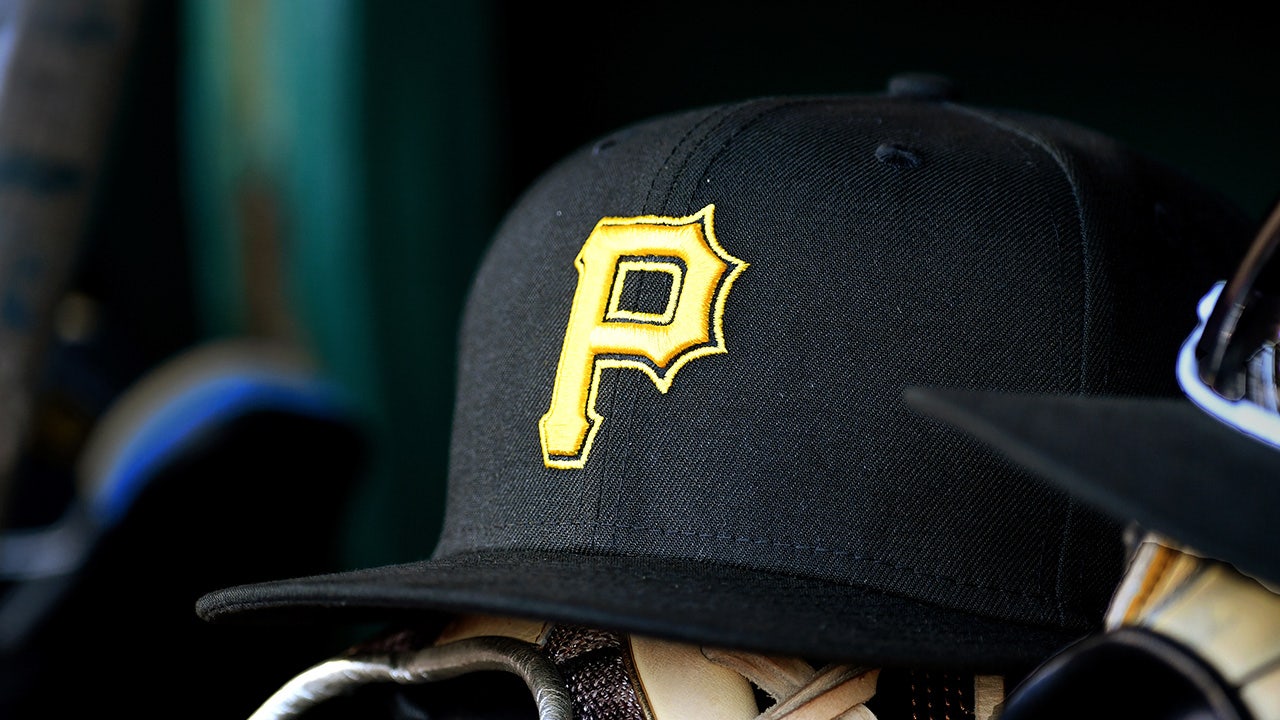
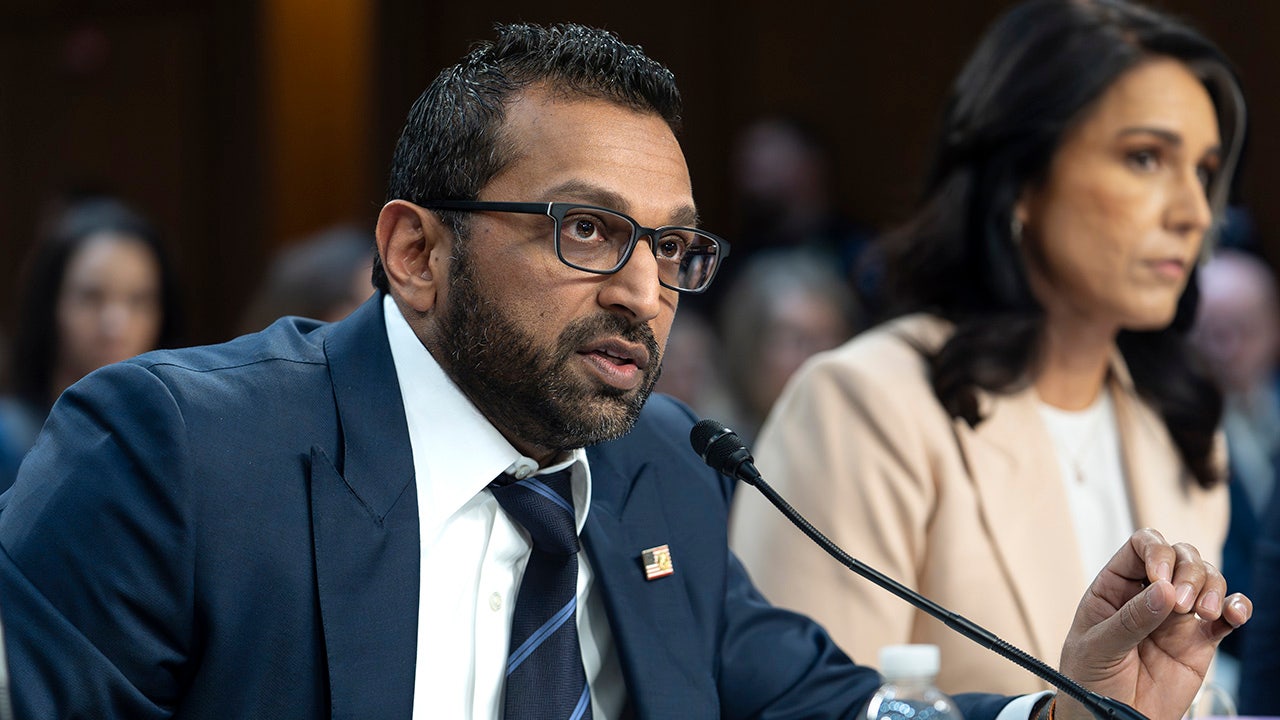
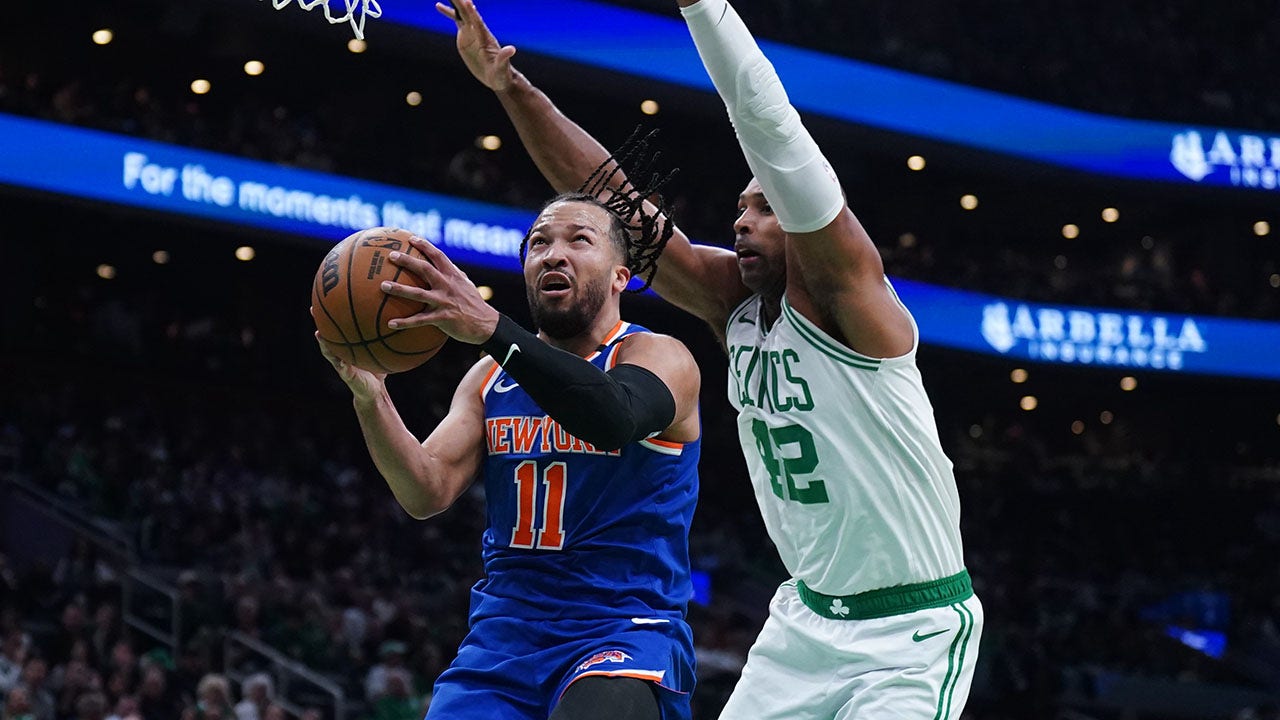
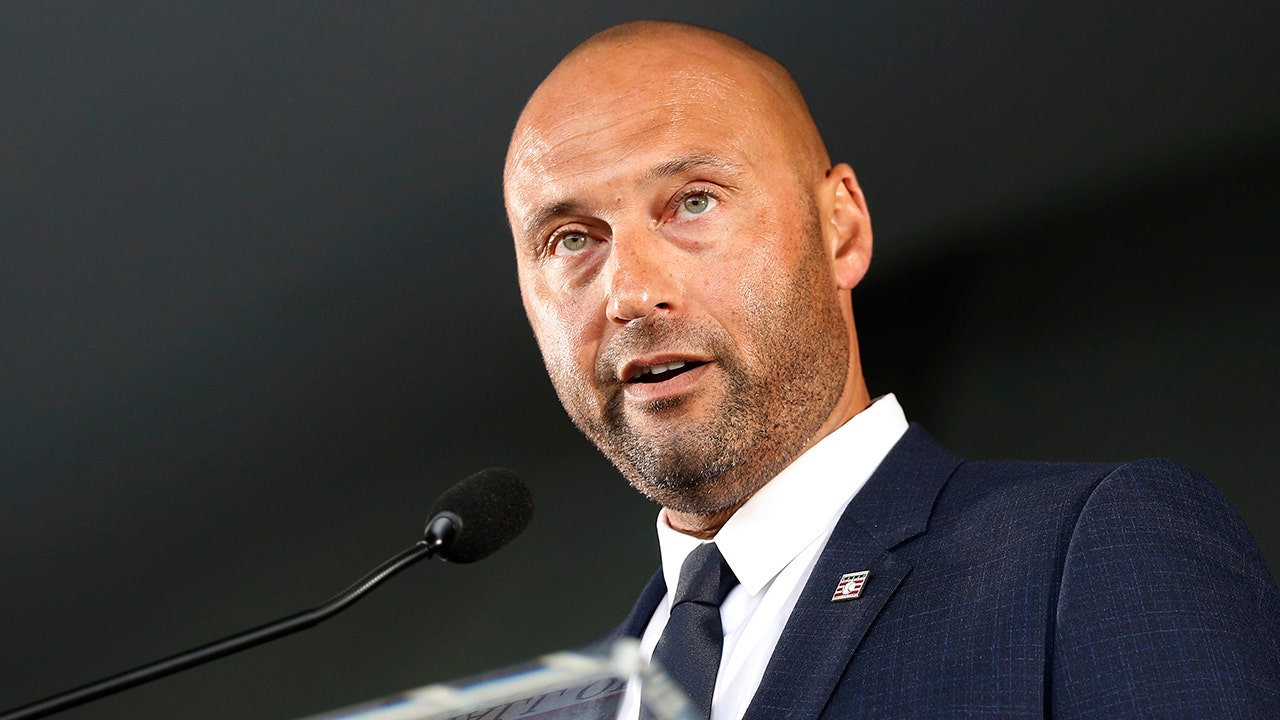
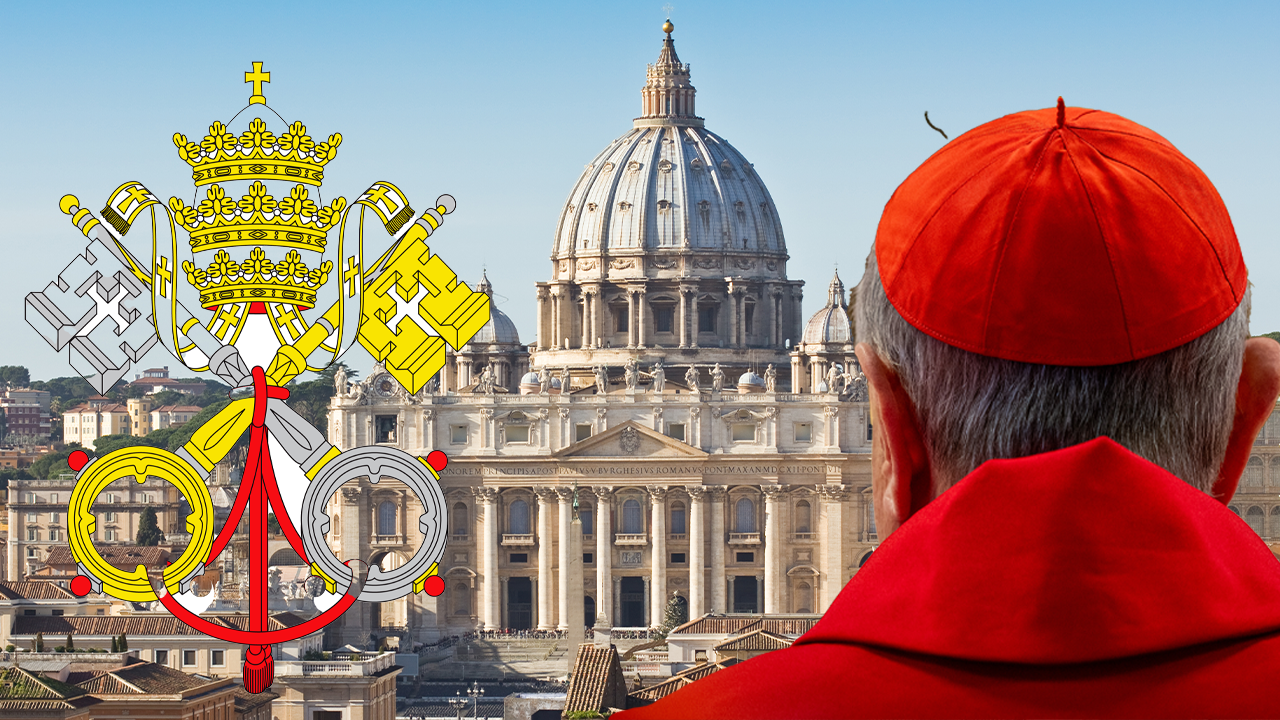
Comments